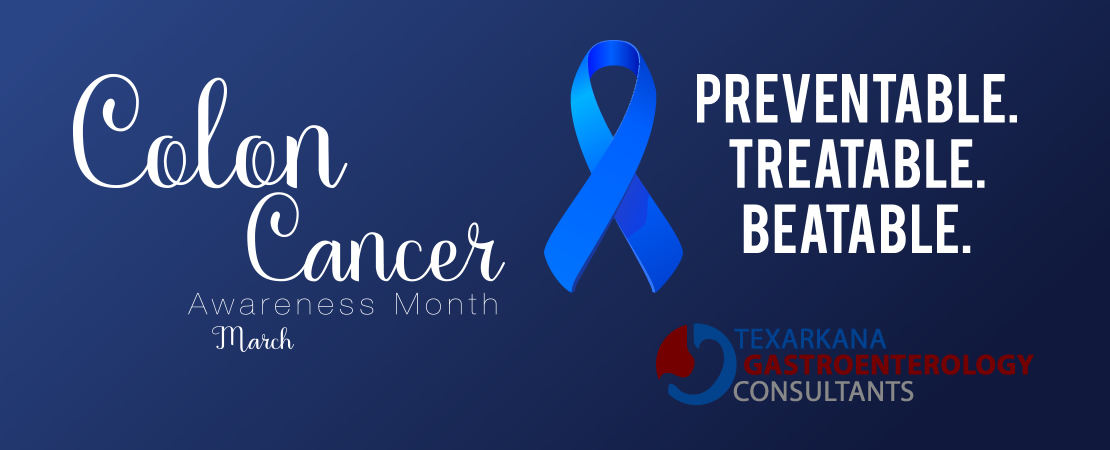
Colon Cancer Screening

 Colorectal cancer is the second leading cause of cancer death and the third most common non-skin cancer in men and women. One in three patients with colon cancer will die from the disease. Yet, colon cancer remains very preventable because most colorectal cancers start out as a benign polyp that initially develops in the colon. The process from that small polyp developing into colon cancer is generally a 10-year process. Colorectal cancer screening techniques exist to intervene at any point in this 10-year process, thereby preventing colorectal cancer or at least identifying colorectal cancer at an earlier stage.
Colorectal cancer is the second leading cause of cancer death and the third most common non-skin cancer in men and women. One in three patients with colon cancer will die from the disease. Yet, colon cancer remains very preventable because most colorectal cancers start out as a benign polyp that initially develops in the colon. The process from that small polyp developing into colon cancer is generally a 10-year process. Colorectal cancer screening techniques exist to intervene at any point in this 10-year process, thereby preventing colorectal cancer or at least identifying colorectal cancer at an earlier stage.
All average risk individuals should begin screening for colorectal cancer at age 50. Higher risk individual should begin screening at an earlier age, such as individuals with a strong family history of colorectal cancer. Presently, many different screening methods are approved. Each methodology has its own benefits and drawbacks. Some screening tests can only detect colon cancer, which means that it can identify colon cancer once you already have it. But, if the option is available, you should choose a test that not only detects colon cancer, but can prevent colon cancer from even occurring. A cancer prevention test is always preferred over a detection test.
 Detection tests include fecal occult blood testing (FOBT), fecal immunohistochemistry testing (FIT), and a relatively new stool DNA test, such as Cologuard TM. All three of these methods require a stool sample to detect the presence of colon cancer, and are therefore safe to use without any risk to the individual patient.
Detection tests include fecal occult blood testing (FOBT), fecal immunohistochemistry testing (FIT), and a relatively new stool DNA test, such as Cologuard TM. All three of these methods require a stool sample to detect the presence of colon cancer, and are therefore safe to use without any risk to the individual patient.
Fecal DNA tests, such as Cologuard™, approved in August 2014, tests for the presence of DNA in the stool that is usually identified in colorectal cancer. This test is also able to identify some advanced precancerous polyps. If you have a positive test result, you would still be required to undergo a colonoscopy for further evaluation. All stool tests such as these are limited by their high false positivity rate; this means they give a falsely positive test result when you do not actually have colon cancer. Obviously, the positive test result can lead to some unnecessary anxiety until the colonoscopy is performed.
The American College of Gastroenterology (ACG) recommends that a cancer “prevention” test be preferred over a cancer “detection” test, when available. A cancer prevention test can detect the presence of small polyps and therefore allow their removal, preventing colon cancer. Of all the different screening options available, the ACG continues to endorse colonoscopy as the preferred screening test. A colonoscopy is able to evaluate the entire colon, detect, and prevent colon cancer. It prevents colon cancer because of the ability to physically remove precancerous polyps. A colonoscopy is also the ultimate test for any positive findings of any other screening methodology.
Many screening options are available to health care providers but when possible, a cancer prevention test should be preferred over a cancer detection test. The potential risks and benefits should ultimately be discussed and individualized for each patient.
